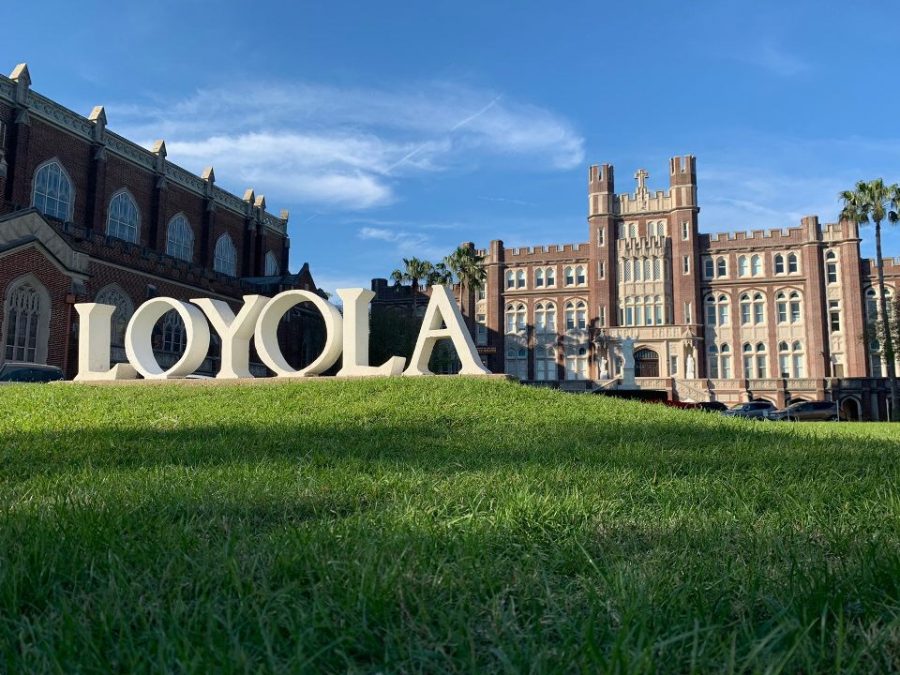Many graduate students may already feel disconnected from the undergraduate community, but when student fees are factored into the equation, the divide seems to widen.
“Being a graduate student, it feels like you’re separated from the rest of the school, so it’s hard to see what the fees are being put towards,” said Nathan Koch, Master of Nursing student.
All full-time students pay $528 in the fall and $508 in the spring semester for student fees and part-time students pay $274 in the fall and $254 in the spring semester. Part of those fees are collected by the Student Government Association to fund SGA initiatives and student organizations, among many other things.
“I’ve heard a lot of students talking about fees in general, beyond their tuition and how they’re unaware of how it impacts their education,” Koch said.
“Undergraduate and graduate SGA fees are lumped into one budget and consequently allocated to various projects which include allocations to student organizations, the collegiate readership program, test reimbursements, software reimbursements, SGA initiatives, etc.,” said Maria Rossi, A’11 and former spokeswoman for SGA, in an email.
Exactly how much of those fees have been allocated to different graduate student organizations in the past has received mixed reviews.
Stephanie Ducros, counseling master’s student and president of Chi Sigma Iota, the academic and professional fraternity that represents the counseling department, has said that though Sigma Iota hasn’t received every dollar that they’ve requested during allocations in the past, they’ve been pleased for the most part.
Page Porta, former president of the MBA Association, said MBA students are underserved by SGA.
“From what I know within the business school, we give $508 per semester (and), at least the MBA Association, has not been allocated even close to what has been given in student fees for SGA,” Porta said.
According to Page, the MBA Association applied for funds between $3000 and $5000 and received $1,363.47 in the spring 2011 semester.
Michael Morin, SGA president and music education senior, said that developing a separate allocations process for graduate student organizations was discussed as a potential revision to the allocations process at a spring 2011 SGA meeting.
“We do need to cater to them in a different way than we do undergraduate students because their needs are different,” Morin said.
According to Rossi, all graduate students except for those in Loyola’s law school may run for a position within SGA. Loyola School of Law has its own student government, the Student Bar Association.
Jean-Paul Arguello can be reached at jparguell@loyno.edu













